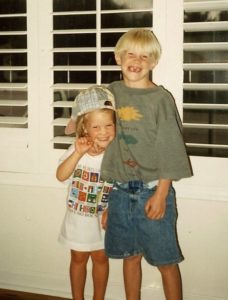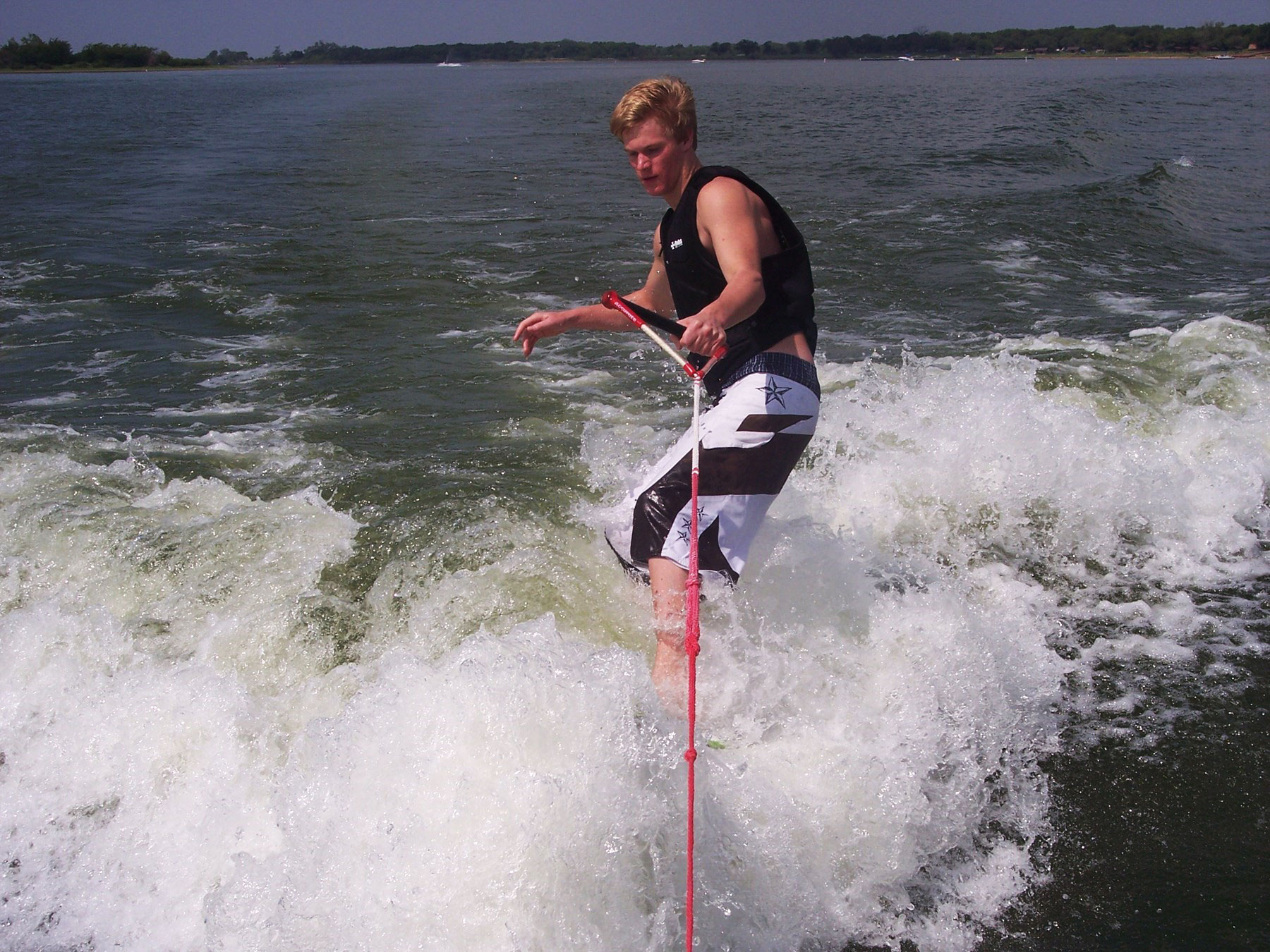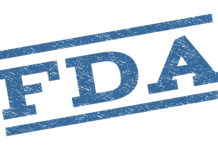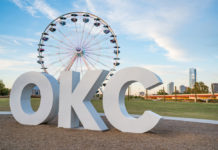address the growing problem, Stander explained.
“[Salt Lake City] is aggressively trying to work with the homeless population,” Besser said. “Salt Lake City is opening four new homeless shelters. We have such a large homeless population, and that’s a very vulnerable group of people, who are susceptible to drugs. And the homeless population continues to grow, so the problem will continue to grow.”
The loneliest and most shameful disease
New initiatives could improve the environment for those dealing with substance use disorders, and prevent additional overdoses from happening in Utah, but there’s still plenty of room for progress.
People often fail to talk about their struggles with substance abuse because of the stigma surrounding the issue, and they consequently fail to seek treatment.

McCall Bills said she felt embarrassed and never talked about her older brother’s addiction. Her fear of her brother’s temper and unpredictability drove her away from him. She did not have any contact with her brother for the past five years.
“I wish so badly I had one last conversation with him,” she said. “I wish I told him I loved him and wish he could get better. It could come off as if I hated him, but I never hated him. I hated his addiction.”
It’s challenging for family members to cope with addictive behavior, which is why so many people with a substance use disorder end up struggling not only with copious amounts of shame but with isolation and loneliness.
Michelle Bills’ brother was 33 years old when he died after a three-year battle with cancer. During that time, she said he had constant support from family and friends. But while Tyler was at a state hospital for a full year, the only visits and phone calls he received were from his mother and brother.
“It’s a lonely disease,” Bills said. “Tyler died all alone. For almost two days, nobody knew he was dead. That will always haunt me. The only thing that’s getting us through this difficult journey is to know that Tyler is free of that horrible disease. I know that Tyler had a perfect heart, but his brain was terribly broken.”

















